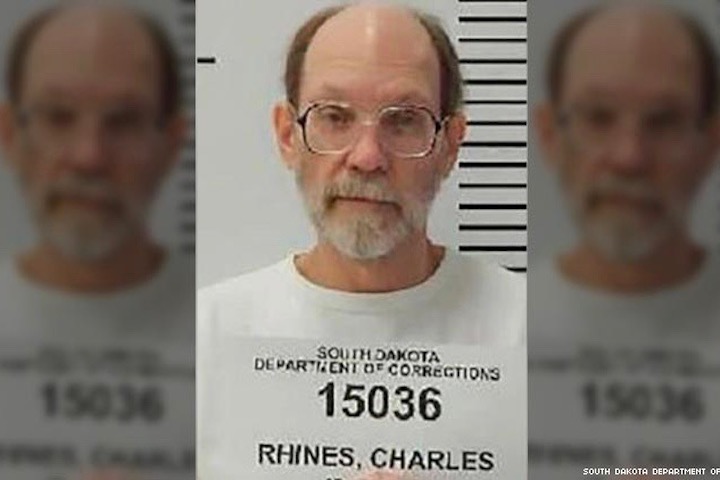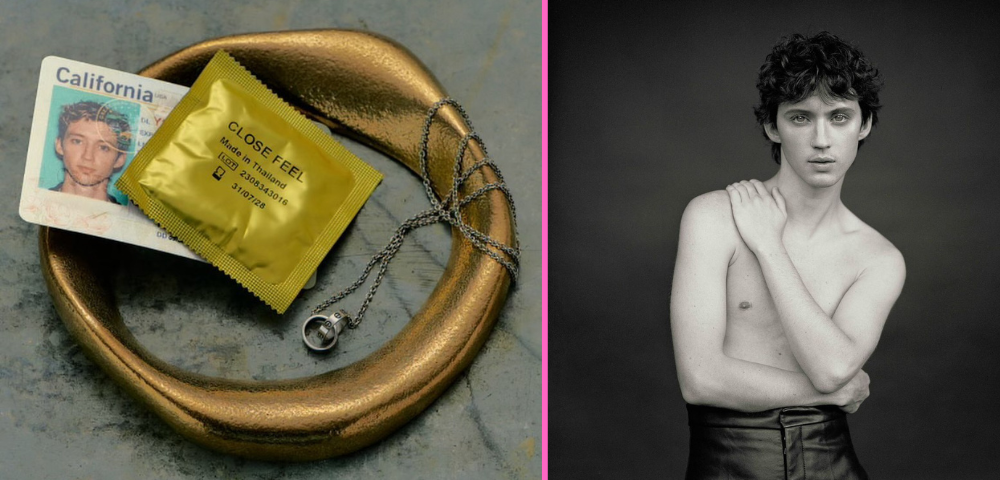
Gay man executed after US court rejects claims of anti-gay bias

A gay South Dakota man was executed in the US on Monday after he claimed that the jurors in his trial were biased against him because he was gay.
Convicted murderer, 63-year-old Charles Rhines, was put to death by lethal injection after the US Supreme Court previously rejected three 11th-hour petitions and a final motion by his lawyers to bring forth new evidence indicating that anti-gay bias had played a role in the jury’s decision to sentence him to death.
Rhines was pronounced dead on Monday at 7:39 p.m. CST at the South Dakota State Penitentiary in Sioux Falls, prison spokesman, Michael Winder said.
Rhines was sentenced to death in January 1993 for murdering 22-year-old Donnivan Schaeffer, a Dig ‘Em Donuts doughnut shop employee in Rapid City, South Dakota when Rhines robbed the store’s office. During the encounter, Rhines stabbed Schaeffer several times in the neck and skull with a hunting knife.
Schaeffer was found stabbed to death inside the shop on 8 March, 1992, weeks after Rhines had quit working there. Schaeffer’s hands were bound, and about $3,000 in cash and checks were reported missing, according to court documents in the case.
The jury convicted Rhines of the crime but allegedly began discussing among themselves whether Rhines, who is gay, would enjoy jail because he would be in an all-male environment.
According to The Marshall Report, one juror recalled that fellow jurors previously expressed disgust at Rhines’ sexual orientation and even speculated that sentencing him to life in prison would be “sending him where he wants to go.”
“There was lots of discussion of homosexuality,” one juror recalled, according to affidavits later filed in court.
“There were lots of folks who were like, ‘Ew, I can’t believe that.'”
Another juror admitted that they “knew that he was a homosexual and thought that he shouldn’t be able to spend his life with men in prison”.
Due to these allegations, Rhines’ lawyers attempted a series of appeals seeking to halt the death sentence because jurors had acted in a biased manner towards their client.
Eventually, Rhines’ legal team appealed to the Supreme Court to consider invalidating Rhines’ sentence, arguing that his Sixth Amendment right to an impartial capital sentencing jury had been violated.
In an application for a stay filed on Friday last week, Rhines’ lawyers requested a court review of evidence that some jurors knew Rhines was gay, that some jurors believed he would enjoy life in prison with other men, and that some jurors wished death upon Rhines personally.
The separate petitions citing statements by three jurors acknowledging that Rhines’ sexual orientation was an issue for that reason during sentencing deliberations, were also denied by the high court without comment.
Federal public defender and one of Rhines’ attorney’s, Shawn Nolan had previously expressed hope that the Supreme Court would reconsider the case as it involves evidence with anti-gay bias against LGBTQI people.
Nolan’s hopes extend from the Supreme Court’s 2017 ruling that states must consider evidence that jurors may have relied on racial stereotypes or prejudice when convicting a defendant,
However, the Supreme Court rejected extending this ruling the LGBTQI matters and ultimately refused to entertain Rhines’ appeal or stay his execution
“It is very sad and profoundly unjust that the state of South Dakota today executed Charles Rhines, a gay man, without any court ever hearing the evidence of gay bias that infected the jury’s decision to sentence him to death,” Nolan said in a statement.
“Anti-gay prejudice should never have any role in sentencing a man to death
“Both racial prejudice and anti-gay prejudice have no place in the criminal justice system. Both undermine public confidence in the fairness of the system, particularly when jurors must decide between life imprisonment and death.”
Rhines has become only the fifth South Dakota inmate put to death since the U.S. Supreme Court upheld capital punishment in 1976. He was one of only three inmates on the state’s death row.









